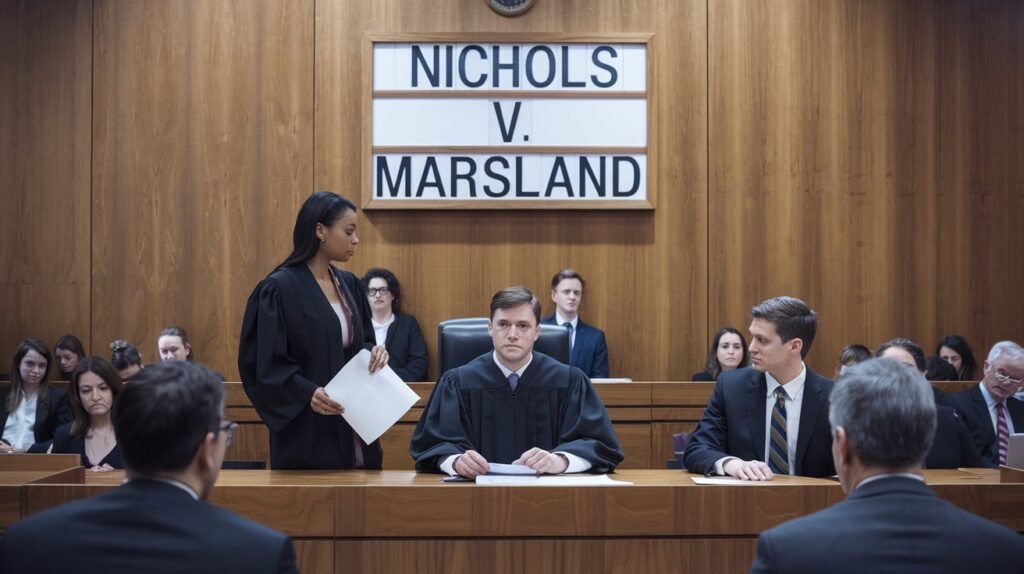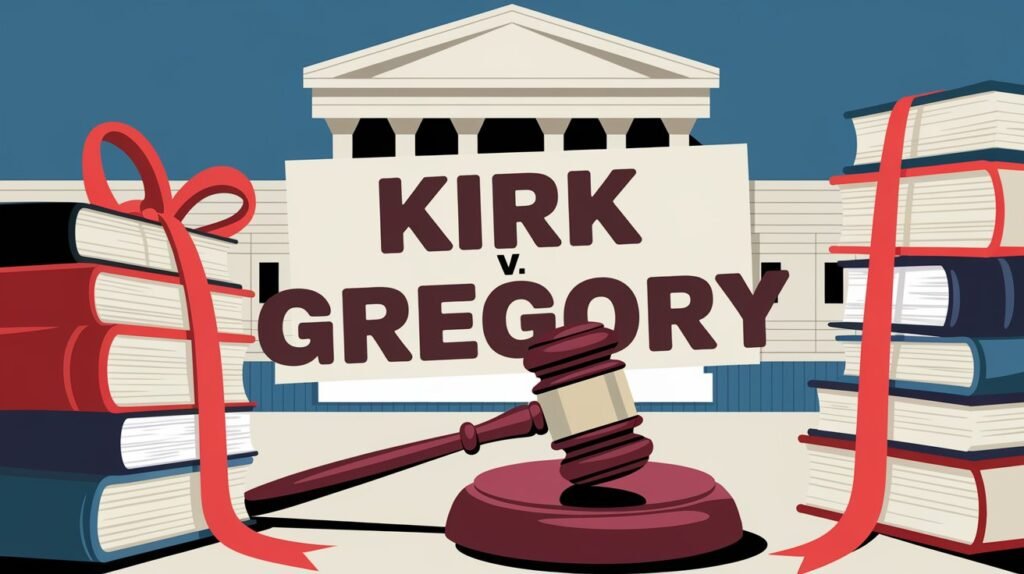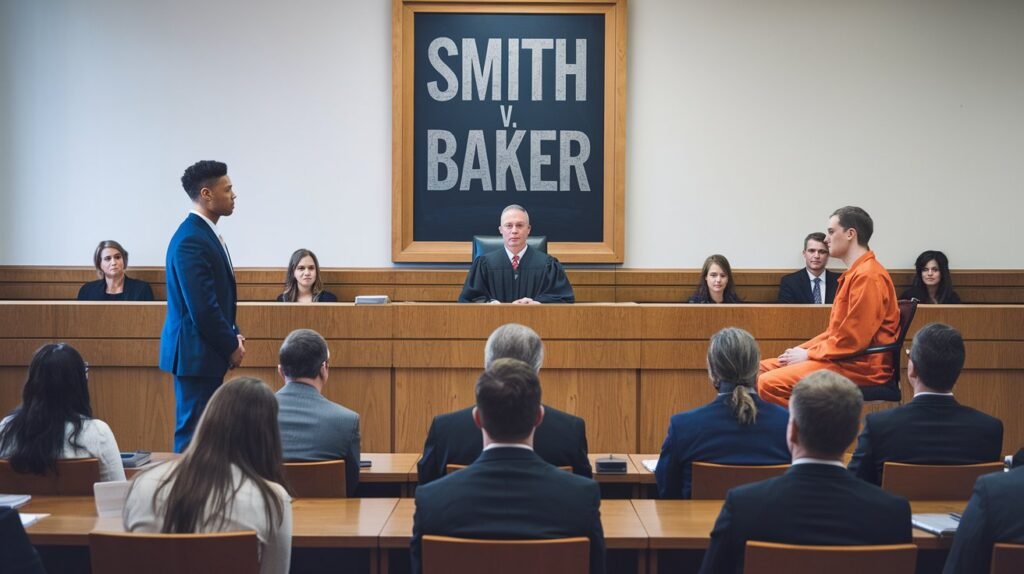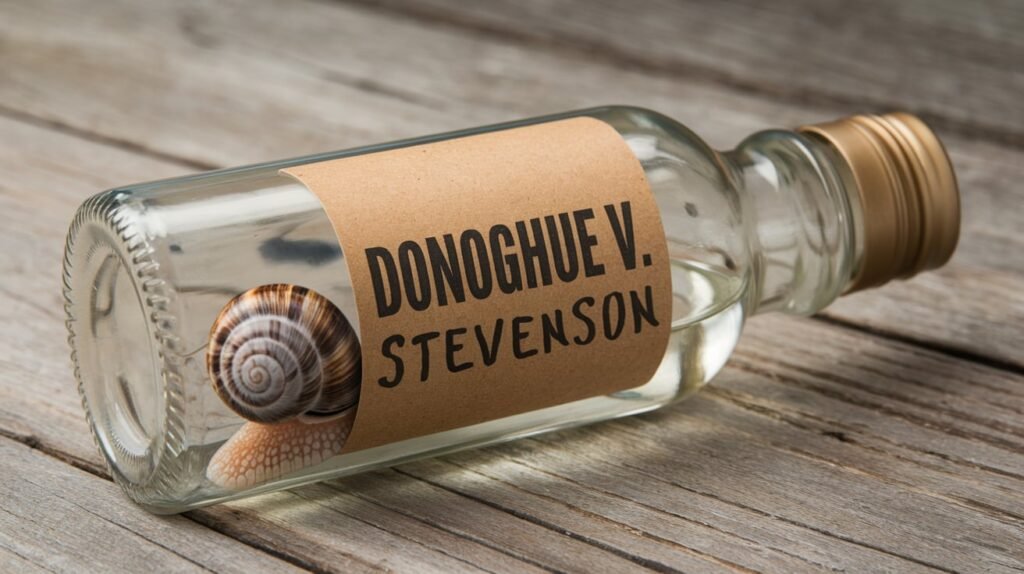Brooke V. Bool 1928 (Case Summary)
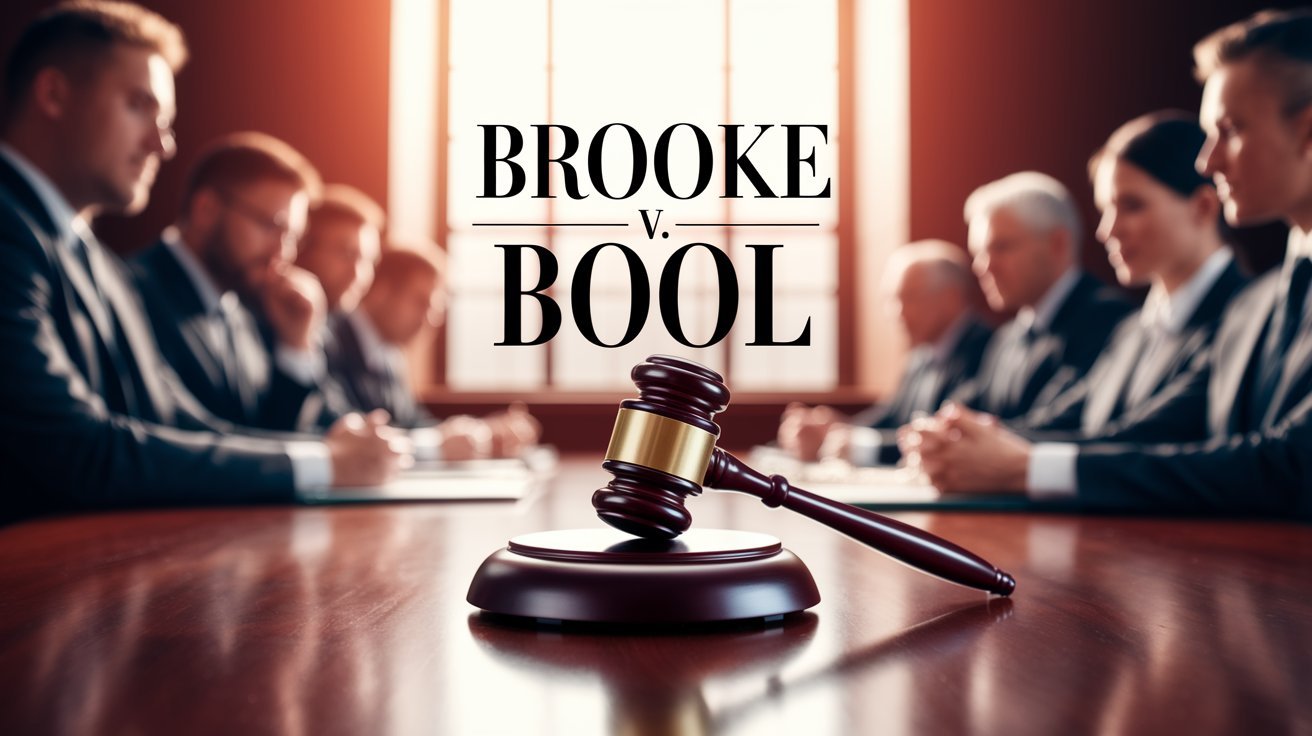
This case addressed the concept of vicarious liability in torts law, focusing on liability for joint actions leading to injury. The case clarified that a party could be held liable for the negligent actions of another if those actions occurred as part of a joint venture.
Table of Contents
ToggleFacts of Brooke V. Bool
- Brooke, the plaintiff, was the owner of a property that included a gas pipe.
- A gas leak occurred in a shop. With Brooke’s prior consent to enter the premises for security checks, Bool and his lodger entered the shop to investigate the source of the leak.
- During their investigation, the lodger tested the gas leak by using a naked flame, causing an explosion.
- The explosion caused significant damage to the Plaintiff’s shop. The Plaintiff filed a suit against the Defendant, Bool, alleging negligence for allowing the unsafe act to occur and for the resulting damage to the shop.
Issues framed
- Whether an individual is liable for negligence when their actions, even if well-intentioned, cause foreseeable harm?
- Whether the duty of care extends to actions taken in emergencies to prevent harm?
- Whether a person could be held liable for the negligence of another when both were engaged in a common act.
Judgment of Brooke V. Bool
The court analyzed the principle of duty of care in negligence and whether the defendant’s actions breached that duty.
The court held that Bool owed a duty of care to avoid actions that could foreseeably cause harm, even when acting with good intentions. Lighting naked flame near a suspected gas leak was deemed a reckless act that breached this duty of care. The lodger acted on the defendant’s implied instructions, making him an agent of the defendant. The defendant had a right to control the lodger’s actions since he had invited him onto the premises for a specific task.
Both the defendant and the lodger were engaged in a common enterprise; thus, the defendant was jointly liable for the lodger’s negligence.
The court ruled in favor of the Plaintiff, holding that the Defendant, Bool, was jointly liable for the lodger’s negligence. The joint act of investigating the gas leak was the immediate cause of the explosion, making both parties responsible.


